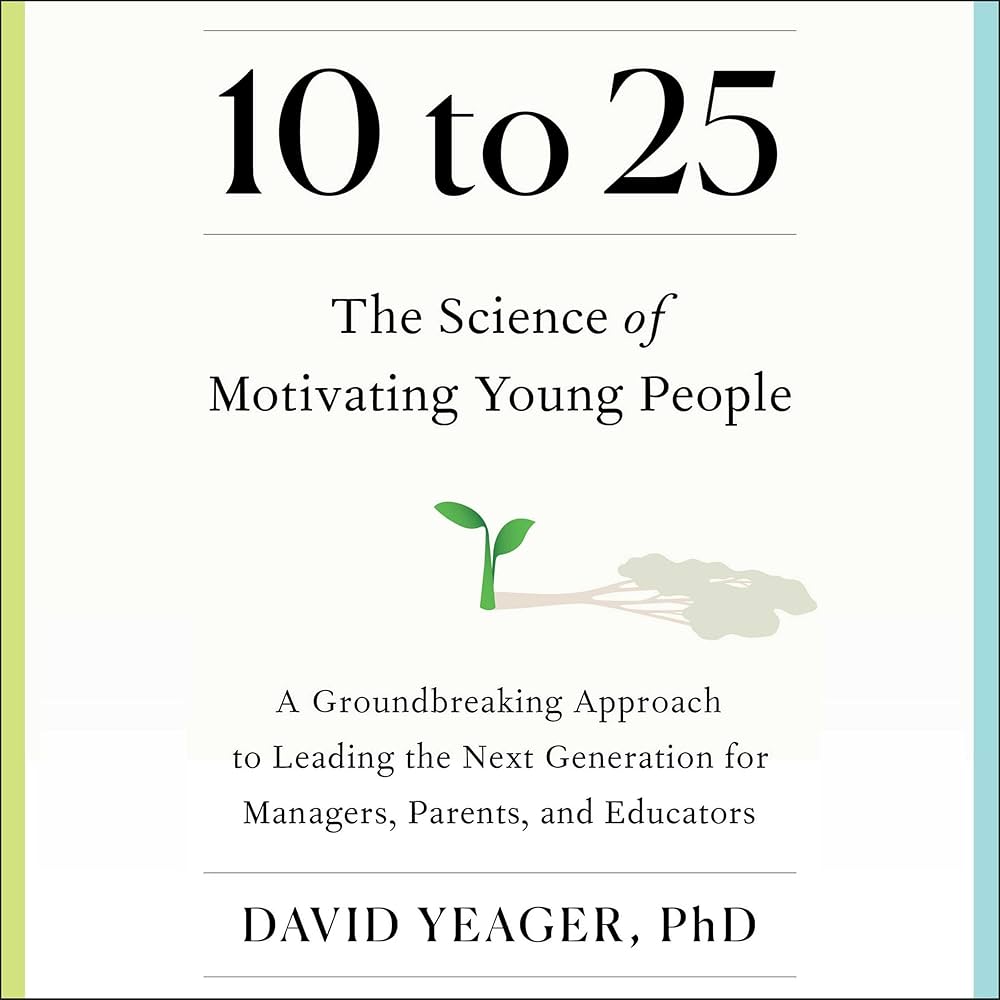Research-based conclusions often appeal to us because of their tidy clarity. For example, research shows that…
- Retrieval practice helps students learn, compared to simple review;
- Spreading practice out (“spacing”) help students learn better than doing all the practice at once (“massing”);
- A quiet study environment fosters concentration and learning;
- Study strategies like rereading and highlighting are almost certainly a waste of time.
These suggestions — and many, many others — have LOTS of research behind them. We’ve got numbers and graphs and equations and peer review and replication. All that science-y good stuff.
Of course, the actual gritty world of classroom learning rarely achieves this level of regulated clarity. Students want to play with their friends. A spider will appear, seemingly with fangs. The copying machine got glitchy, and we have only half as many handouts as we need.
For all these reasons, we need to do research BOTH in psychology labs AND in actual classrooms. This second kind of research lets us know what happens when scientific rigor meets day-to-day school muddle. (A classic of this genre: Powerful Teaching by Dr. Pooja Agarwal and Patrice Bain.)
Alas, even classroom-based research doesn’t tell the whole story. Once students start doing academic work at home, then their own beliefs and practices add an additional layer of reesarch complexity. If classrooms are “messy” compared to psychology labs, imagine how much “MESSIER” an individual student’s academic life could be.
A recent study surveys Spanish high school students — from 7th to 10th grade — to understand exactly what they do to study at home, and exactly what they believe about learning. It then correlates those practices and beliefs with students’ academic success. If everything works out just right, we can discover:
- Are students DOING all those research-based study practices, like retrieval practice and spacing?
- Are they AVOIDING all the useless practices, like highlighting?
- Are their grades confirming the researchers’ predictions? That is: do students who study in quiet rooms learn more than those who don’t?
In other words: do students (in their cluttered lives) get the same results from study practices that researchers (in their pristine psychology labs) do?
Good News/Bad News, Part I
I read A LOT of studies for my work, and this one stands out to me for its combination of research chops and common sense. The easiest point to notice: the authors report data on almost 2500 students! Given this very large sample size, we can have some confidence that flukey outliers are not skewing the results.
Although I won’t go into the methodological calculations, I also admire the care with which the authors developed their question list.
All this procedural good news does come with some caveats.
First: This study asks students what do and think. Alas, self-report data don’t inspire lots of confidence. If I ask you what you ate for lunch on August 15, you might remember. But your self report of that menu isn’t as reliable as most scientific variables. So too: when we ask students how they study, they might not remember — or might not admit that they study with music playing.
Second: the researchers use grades to measure academic success — although they admit that grades don’t measure learning very well. We have many reasons to doubt the relationship between grades and learning. For example:
- Imagine that a student uses ineffective study strategies at home, but her teacher uses effective teaching practices in the classroom. The effective teaching might mask the effects of the ineffective studying.
- Although cramming is bad for long-term learning, it’s good for short-term performance. If I cram for a test, I might get an A on that test…even though I won’t remember those ideas over the long term.
To make the broader point a different way:
- Research in a psychology lab is useful, but not perfect;
- Research in classrooms is useful, but not perfect;
- Reasearch into students’ study practices is useful, but not perfect.
This study can give us helpful data, but it doesn’t provide some kind of comprehensive “final answer” to question about study practices. (No one research method can provide such a comprehensive answer.)
Good News/Bad News, Part II
If you ask 2500 students lots of questions, you’re going to get LOTS of data. For that reason, I will touch on a few highlights, but I’m not aiming for a comprehensive survey of this study’s findings. (If you want to know more, you can read the study itself here. It’s open access!)
The good news:
- Sure enough, research-supported practices (largely) support learning. So:
- students who study in a quiet atmosphere get higher grades than those who listen to music while they study.
- (by the way: most students report that they don’t listen to music while they study!)
- students who use retrieval practice score higher than those who don’t.
- those who “elaborate” on their learning — by creating concept maps, for example, or by generating their own examples — learn more than those who don’t.
- Sure enough, research-discouraged practices don’t help learning. So:
- highlighting, copying, and rereading didn’t really do much to enhance learning.
- Sure enough: high “self-efficacy” belief correlates with more learning (although we don’t know if it enhances learning, or results from learning, or both).
The bad news:
- Compared to college students, high-school students use much less retrieval practice. (This result might not be surprising. Students who don’t use retrieval practice get lower grades…and are therefore less likely to go to college.)
- More puzzling: students who report spacing their practice don’t see benefits in higher grades. In other words, this research-supported practice doesn’t produce the touted benefits.
So, what’s going on with spacing?
As noted above, the authors have a potential explanation here. Cramming doesn’t help long-term learning, but it does improve short-term performance. Students who cram for a test might get the same high score as those who spaced out their practice. For this reason, the long-term learning benefits of spacing might not show up in research that uses grades as a proxy for learning.

I myself have a second hypothesis. I think that students CAN control some study behaviors: retrieval practice, studying in a quiet space, not wasting time highlighting, and so forth. But some study practices are really OUTSIDE student control.
For spacing to work as researchers intended, a particular topic should be re-opened and re-practiced at unpredictable intervals over long periods of time. Spacing, in other words, requires syllabus-level planning. I just don’t think it’s reasonable to ask students — especially young high-school students — to do that. In brief: I suspect that some students believe that they’re “spacing,” and say so on those surveys. Alas, their “spacing” might not match researchers’ definitions of spacing. If students are not really spacing, they don’t get the benefit of spacing.
TL;DR
We have good research — both in psychology labs and in classrooms — to guide students’ study habits. In all that research, retrieval practice and elaboration help; highlighting and underlining don’t. Quiet study spaces foster learning; so do “self-efficacy” beliefs.
This study from Spain — with 2500 high-school students! — shows that those strategies probably work in real life as well as in more tightly controlled research settings.
Although teachers should probably be responsible for spacing, students can — and SHOULD — rely on those other study practices. When teachers give this advice to students, our guidance has the backing of multiple layers of research: in labs, in classrooms, and in students’ real lives.
Ruiz-Martín, H., Blanco, F., & Ferrero, M. (2024). Which learning techniques supported by cognitive research do students use at secondary school? Prevalence and associations with students’ beliefs and achievement. Cognitive Research: Principles and Implications, 9(1), 44.
 About Andrew Watson
About Andrew Watson 




![Enjoyment or Skill? The Case of Reading [Repost]](https://www.learningandthebrain.com/blog/wp-content/uploads/2022/02/Confused-stress-student.jpg)


![The Best Way to Teach: When Clarity Leads to Muddle [Repost]](https://www.learningandthebrain.com/blog/wp-content/uploads/2024/11/AdobeStock_835635494-1024x683.jpeg)

![Executive Functions “Debunked”? [Reposted]](https://www.learningandthebrain.com/blog/wp-content/uploads/2024/12/AdobeStock_956207366-1024x574.jpeg)

![Do Fidget Spinners Help Children with ADHD? [Reposted]](https://www.learningandthebrain.com/blog/wp-content/uploads/2024/09/AdobeStock_151260968-1024x683.jpeg)

![Do Gestures Improve Learning? Baby Steps Toward a Conclusion [Reposted]](https://www.learningandthebrain.com/blog/wp-content/uploads/2024/10/AdobeStock_512120206-1024x326.jpeg)
